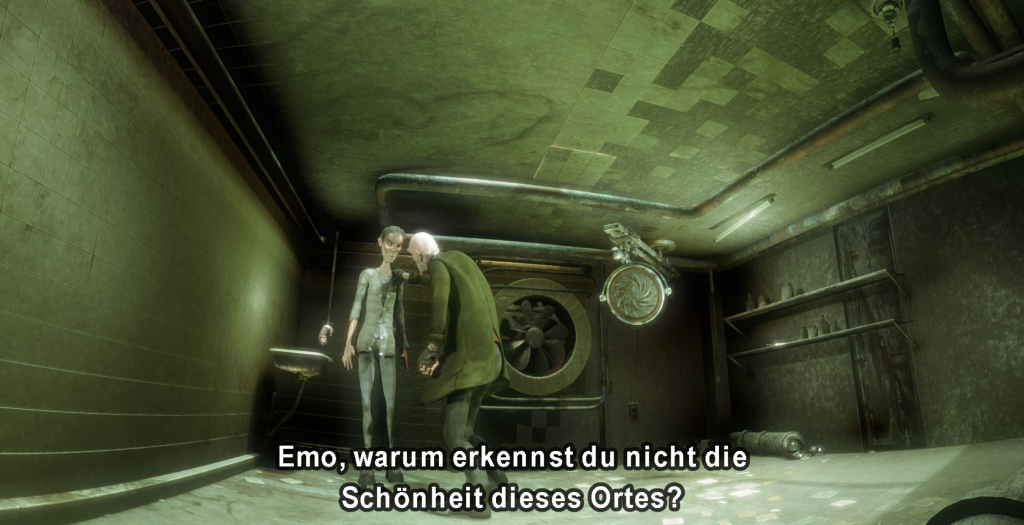Over the recent years there have been several translation mishaps when it comes to video games. The following are some important factors game developers need to keep in mind when translating language and other contents in video games.
- Being true to source material- Many games are based off of books, films or television shows. Rockstar’s video game ‘The Warriors’ is based on the cult 1979 film. The Warriors are a gang of individuals who have very different ways of speaking. One is gruff, another is calm and another is comical etc. Developers need to be especially cautious when translating a video game that is based on a literary source or a film/TV show. If the characters do not stay true to their source material the game could be boycotted by a horde of angry fans. Games that are not based on a previous idea are generally easier to translate.
- Fantasy words- Games such as World of Warcraft have their own dictionary of made- up words whether these words are for fictional animals, weapons or locations. It can be a challenge translating these fantasy words into another language whilst keeping the feel of the game intact. Because of this it is important for designers to have a vast knowledge of game culture.
- Puzzles in games- Lets picture it now- your character needs to get through a door but the door won’t open unless you figure out a puzzle. This puzzle is word based. Perhaps you must find five words that relate somehow. These five words might relate in Japanese but when translating to English the puzzle might not make sense and be virtually impossible for a Western audience to figure out. In this instance, game designers must work to replace the words whilst keeping the difficulty level and puzzle satisfaction intact.
- Jokes- Jokes are very tricky to translate because most of the time they lose their meaning during the process of translation. Game developers have to adapt the jokes to suit their particular audience. Lets visualise a protagonist in a Japanese game who makes a lot of jokes but the English translation of these jokes makes no sense. In this instance the developers are faced with the task of creating jokes to suit the western audience. The game’s script needs to be as enjoyable for an English speaking audience as it is for a Japanese speaking audience.

- Slang words- Developers must be up to date with popular and current slang words used in the country in which they are translating for.
- Tasks- In-game tasks and instructions need to be translated efficiently. If the translation does not make sense the gamer will be unclear of their objective.
- Character names must appeal to the audience- In Japan the Pokémon Squirtle is called Zenigame. This means pond turtle. Zenigame means nothing to a Western audience and pond turtle would be a poor name for the character. So the English name for the Pokémon was Squirtle because the character was a turtle that could squirt water. Interestingly enough the Western audience kept the Japanese name Pikachu for the infamous yellow mouse…. I suppose it’s just a cool name.
- Avoid the risqué- Sometimes a name or expression can be perfectly innocent in one language but when translated it could look offensive. The English transliteration for the Japanese game ‘Pakkuman’ was actually ‘Puck Man.’ The team of developers decided this name could be the subject of ridicule thus the name was consequently changed to Pac Man, ahem.
- Instruction manuals- Fantasy games often have all sorts of wacky commands whether it is conjuring up monsters or magic. These commands need to be translated efficiently into the instruction manuals so the user is clear what each button does.
- Hiring talent- The voice over recording needs to be performed by a voice artist who can provide an excellent delivery of the script with the correct pronunciation. It is important to find voice actors that will satisfy the target audience e.g. Asian audiences tend to enjoy more child-like sounding characters.
This article has been written by Kimberley Thompson. She is a content curator for a blogger outreach agency working on a project for a holiday apartment rental company, San Sebastian Apartment, in the north of Spain. You can follow Kimberley on Twitter by visiting her profile @KimThompsonUK, or even connect with her on LinkedIn at linkedin.com/pub/kimberley-thompson/85/406/743. Kim tries to enjoy her free time playing chess, reading Murakami and travelling all around the globe.
















